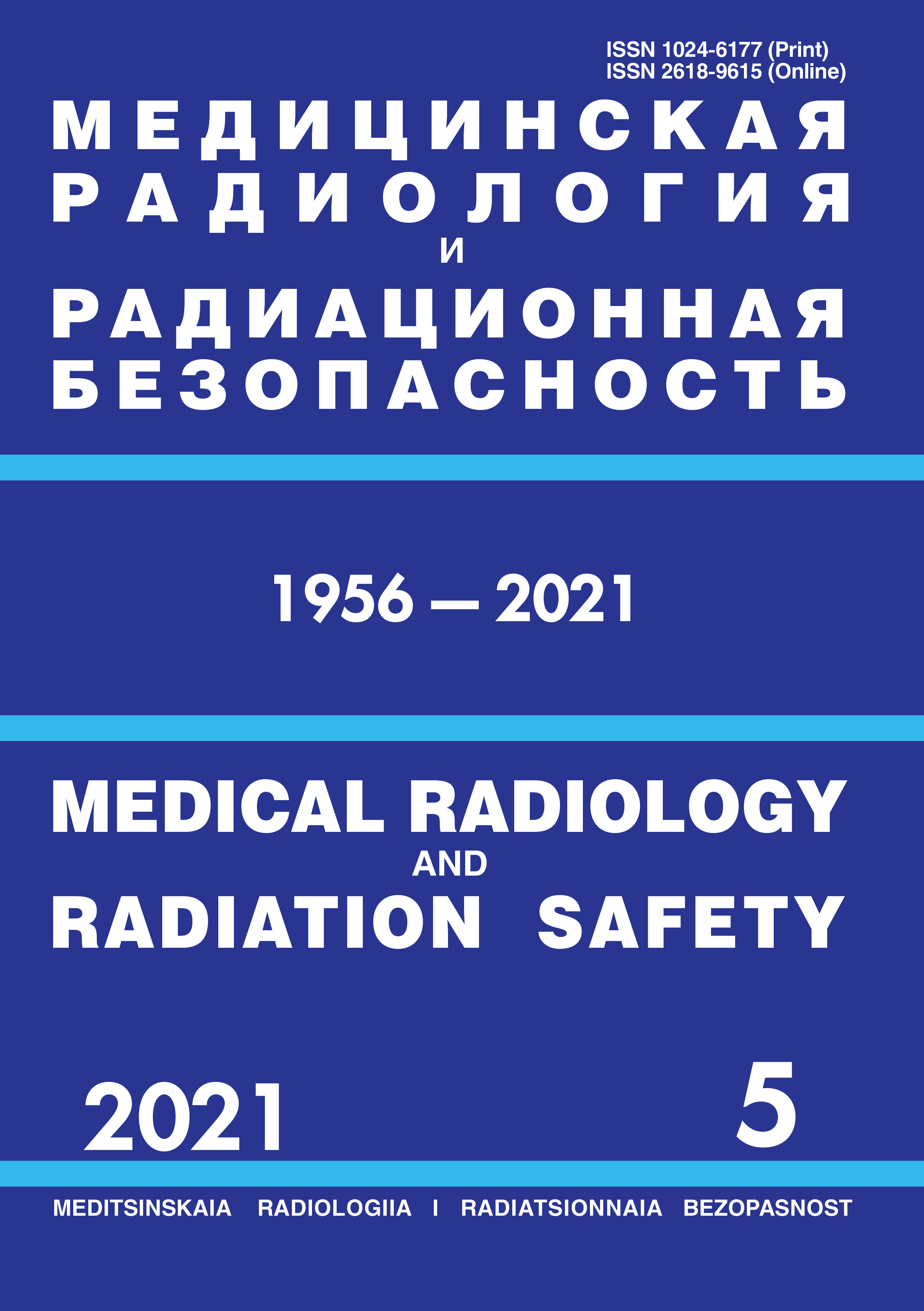CSCSTI 76.33
CSCSTI 76.03
Russian Classification of Professions by Education 31.06.2001
Russian Classification of Professions by Education 31.08.08
Russian Classification of Professions by Education 32.08.12
Russian Classification of Professions by Education 14.04.02
Russian Library and Bibliographic Classification 534
Russian Library and Bibliographic Classification 51
Russian Trade and Bibliographic Classification 5712
Russian Trade and Bibliographic Classification 5734
Russian Trade and Bibliographic Classification 6212
Russian Trade and Bibliographic Classification 5708
Results: To study the relationship between the ratio of the extraversion and fluid intelligence levels with the success of the professional activity of the nuclear power plants (NPP) operators. Material and methods: This paper analyzes the results of psychodiagnostic examinations of operators of main control rooms of NPPs that functioned under normal conditions. All individuals were administered the J. Raven's “Progressive matrices”, the Russian language adaptation of the Minnesota Multiphasic Personality Inventory (MMPI) and the Sixteen Personality Factor Questionnaire (16PF, form A). Cross-peer review using the ranking method identified 5 groups of operators with different levels of professional success (from markedly reduced to high). Results: Using factor analysis, the dimension of the data matrix obtained during the surveys was reduced. Correlation analysis showed that out of 9 identified factors, only 2 had a statistically significant correlation with the success of professional activity, namely, the factors of extraversion (negative relationship) and intelligence (positive relationship). Based on these two factors, an automatic classification of operators was carried out using cluster analysis, as a result of which 5 classes of operators were identified. It was shown that classes A and B with a predominance of the extraversion factor included mainly (79 %) operators with a level of professional success below average. On the contrary, classes C, D and E with a predominance of the intelligence factor consisted mainly (81 %) of operators with average and above average levels of professional success. It is noteworthy that the average value of intelligence factor in one of the classes consisting of operators, advantageously with lower professional success rate (class B) was the same or even 10 T-scores higher in comparison with the classes represented mainly by operators whose success rate was assessed from medium to high. Conclusion: Factors of extraversion and intelligence are associated with the quality of performance of professional duties by the NPP control room operators under normal operating conditions. At the same time, the success of their professional activity depends not so much on the quantitative values for these factors, but on their ratio, namely: the predominance of the intelligence factor is prognostically favorable.
nuclear power plant, operators, main control room, extraversion, intelligence, success of professional activity, psychological professional selection
1. Atroshenko Yu.K. Avtomatizirovannye sistemy upravleniya AES: uchebnoe posobie / Pod red. Yu.K. Atroshenko, E.V. Ivanova. Tomsk: Izd-vo Tomskogo politehnicheskogo universiteta. 2014. 81 c.
2. Duel' M.A., Kanyuk M.I. Avtomatizaciya tehnologicheskih processov i ee vliyanie na effektivnost' energoproizvodstva TES i AES // Vostochno-Evropeyskiy zhurnal peredovyh tehnologiy. 2011. T.5/8, № 53. S. 15-22
3. Kosenkov A.A. Psihologicheskie faktory professional'noy uspeshnosti operatorov blochnyh schitov upravleniya atomnyh elektrostanciy // Saratovskiy nauchno-medicinskiy zhurnal. 2014. T. 10, № 4. S. 758-761. https://elibrary.ru/item.asp?id=23597895.
4. Cattell RB. Intelligence: Its structure, growth and action. New York. Elsevier. 1987.
5. Plomin R, von Stumm S. The new genetics of intelligence // Nature Reviews Genetics. 2018. Vol 19, No 3. P. 148-159. DOIhttps://doi.org/10.1038/nrg.2017.104
6. Eysenck HJ. Personality, genetics and behavior: Selected papers. New York. Praeger. 1982.
7. Freydzher R, Feydimen D. Lichnost': teorii, eksperimenty, uprazhneniya. SPb.: Praym-Evroznak, 2004. 608 c.
8. Bodrov V.A. Psihologiya professional'noy deyatel'nosti. Teoreticheskie i prikladnye problemy. M.: Institut psihologii RAN. 2006. 623 c.
9. Cattell RB, Horn JL. A check on the theory of fluid and crystallized intelligence with description of new subtest designs // Journal of Educational Measurement. 1978. Vol. 15, No 3. P. 139-164. https://doi.org/10.1111/ j.1745-3984.1978.tb00065.x.
10. Tews MJ, Michel JW, Lyons BD. Beyond personality: the impact of GMA on performance for entry-level service employees" // Journal of Service Management. 2010. Vol. 21, No 3. P. 344-362. https://doi.org/https://doi.org/10.1108/09564231011050797.
11. Stasielowicz L. How important is cognitive ability when adapting to changes? A meta-analysis of the performance adaptation literature // Personality and Individual Differences. 2020. Vol. 166, No 1. 110178. https://doi.org/10.1016/j.paid.2020.110178.
12. Mishkevich A.M. Ekstraversiya v raznyh teoriyah lichnosti //Penzenskiy psihologicheskiy vestnik. 2019. T. 1, № 12. S. 52-69.
13. Blickle G, Meurs JA, Wihler A, Ewen C, Merkl R, Missfeld T, Extraversion and job performance: How context relevance and bandwidth specificity create a non-linear, positive, and asymptotic relationship // Journal of Vocational Behavior. 2015. No 87. P. 80-88, https://doi.org/10.1016/j.jvb.2014.12.009.
14. Grant AM, Schwartz B.Too much of a good thing: The challenge and opportunity of the inverted U. Perspectives on Psychological Science. 2011. No 6. P. 61-76.
15. Pierce JR, Aguinis H. The too-much-of-a-good-thing effect in management // Journal of Management. 2013. No 39. P. 313-338. https://doi.org/10.1177/0149206311410060.
16. Kumar D, Kapila A. Problem solving as a function of extraversion and masculinity // Personality and Individual Differences. 1987. Vol. 8, No 1. P. 129-132. https://doi.org/10.1016/0191-8869(87)90020-1.





